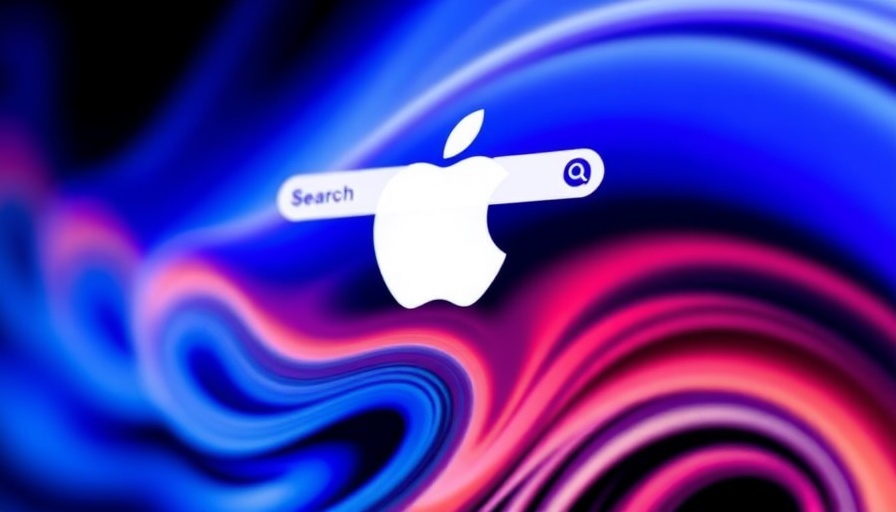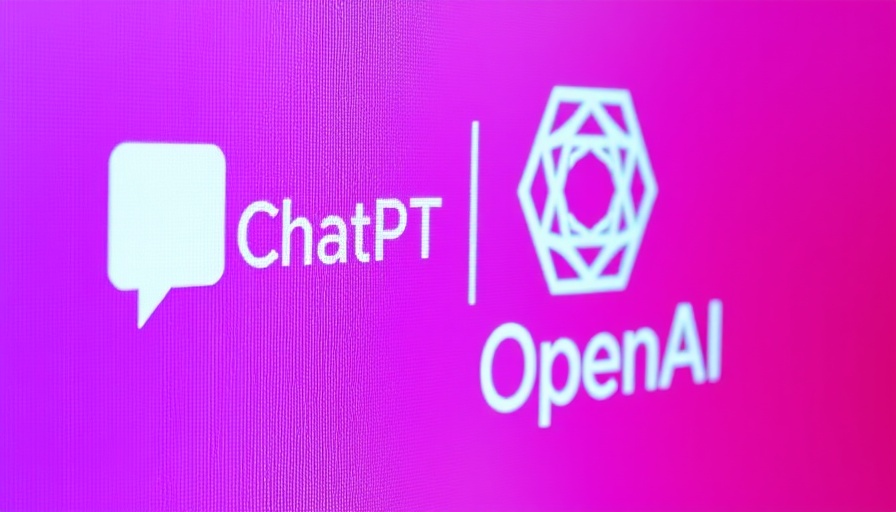
Gemini's New Feature: Bringing Music Identification to Android
Just a few days after the launch of 'Search Live,' Google has ushered in a remarkable update to its AI Assistant, Gemini, for Android users. Now, users can identify songs simply by asking, "What song is this?" This update introduces a beloved feature that users had long waited for, reminiscent of the music recognition capabilities found in Google Assistant.
The Catch: Limited Integration with Google App
However, this feature isn’t entirely seamless. When users ask Gemini to identify a song, it redirects them to the full-screen listening interface of the Google app rather than providing an inline response within Gemini itself. This limp handoff to another app might disrupt the flow of conversation users expect from an AI assistant. It’s a cumbersome transition that some find less appealing, especially when compared to the more streamlined experience of Google Assistant's Now Playing feature.
Comparing User Experiences: Gemini vs. Google Assistant
While Gemini can identify tunes accurately, pulling from Google's extensive music database, its method of operation lacks the fluidity of its predecessor, the Google Assistant. The Now Playing feature allows users to initiate song identification with effortless voice commands and even functions offline, displaying results inline with album art. For Gemini users, the necessity to tap back and forth between interfaces to recognize songs strip away the intuitive interaction that many consumers have come to expect in AI tools.
Why Does This Matter? Insights for Professionals
This development is particularly important for marketing managers and tech-savvy CEOs who recognize the impact of user experience on adoption and satisfaction. In an age where competition for user trust and engagement is fierce, the integration (or lack thereof) of features into hardware and software could dictate who ultimately prevails in user loyalty. Recognizing and responding to customer feedback, as Google appears keen to do, will be crucial as they navigate user expectations for Gemini.
Future Considerations: The Role of AI in Everyday Tasks
As AI continues to evolve, we can expect features to grow more sophisticated and user-friendly. The goal is not just for tasks to be accomplished, such as song recognition, but also for interactions to feel as natural and unobtrusive as possible. Gemini’s current shortcomings serve as valuable lessons for the development team about integrating such functions within the primary experience of an AI assistant rather than isolating them to separate apps.
Analyzing User Expectations: What’s Next for Gemini?
Users today demand comprehensive solutions that empower them through technology rather than complicate their processes. As Gemini iterates, the focus should hinge on creating an environment where transitions between tasks are fluid and instinctive. Businesses that offer innovative solutions while ensuring a seamless user experience generally set themselves apart and drive stronger customer loyalty.
Conclusion: Navigating the AI Landscape
In summation, while the addition of song identification to Gemini on Android reflects an important step towards creating a fuller AI Assistant experience, the current implementation reveals areas in need of refinement. For professionals invested in technology and marketing trends, it is eye-opening to see how user interactions evolve, marking a clear trajectory toward a more integrated and responsive digital landscape.
For businesses eager to leverage these technological advancements, it is vital to stay updated on developments in AI and user experience. Recognizing these nuances can help organizations better structure their own AI actions and customer engagement approaches moving forward.
 Add Row
Add Row  Add
Add 




Write A Comment